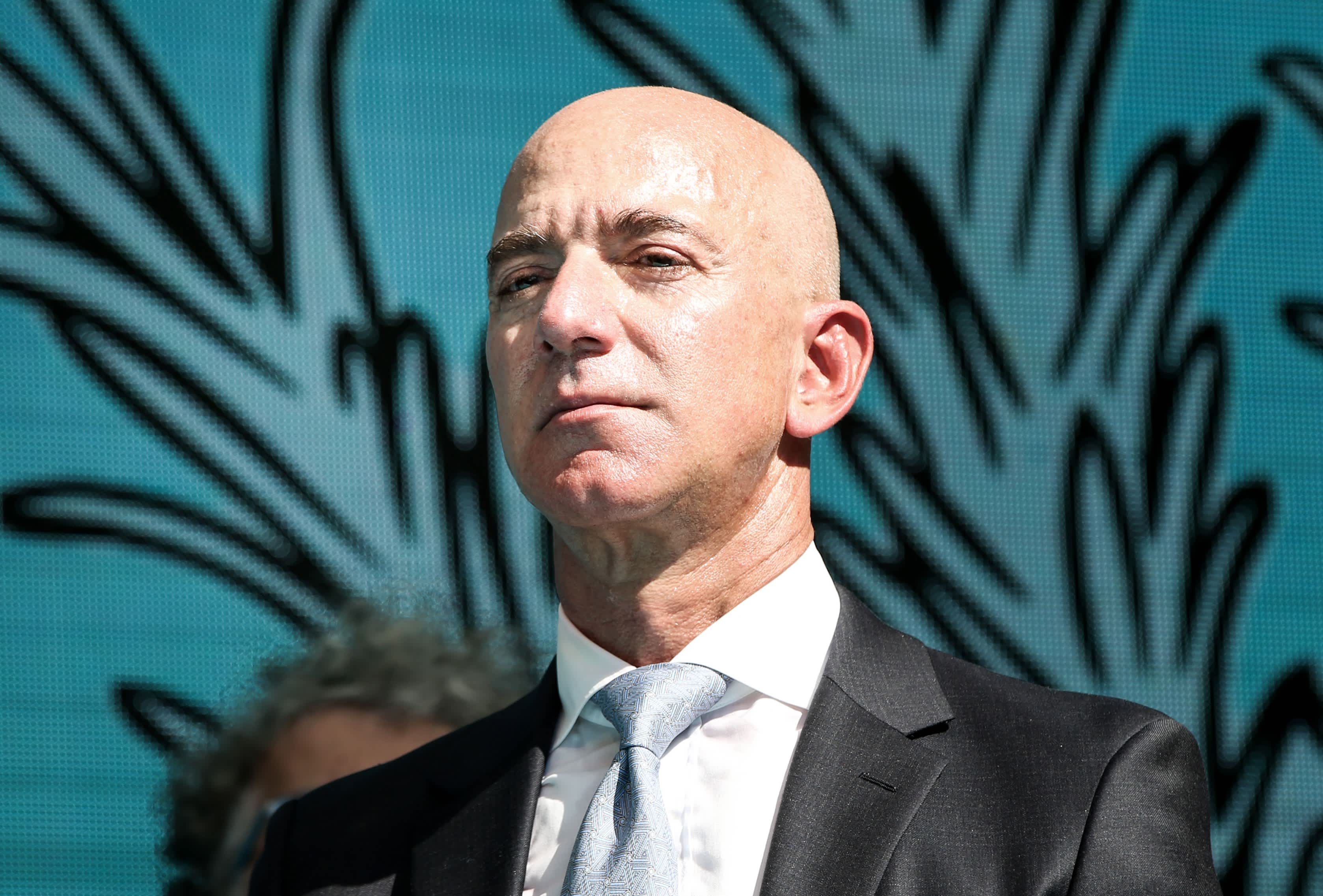You are right about Tesla's margins, which have been a recent keystone propping up outsized multiples in the stock price. The recent margins had replaced the earlier keystone of the stock price, which was the uniqueness/superiority of Tesla technology -- something that Lucid had a significant hand in knocking out.
However, determining whether there is predatory pricing in contravention of U.S. anti-trust law is a two-step process. The first step is to look at what drove the price decreases, and there are several theories afoot regarding that. One entirely credible theory is yours about lagging demand. Another theory, espoused by my brother, is that FSD is finally within sight, and Musk is willing to take margin erosion to increase the size of the fleet to enhance the revenue stream from subscriptions once true FSD arrives. (I would have more confidence in that theory if we hadn't been hearing promises that FSD was just months away for some years now.) Then there's my theory about the setup for a knock-out swing at the competition. Of course, the real motive in these rapid, steep price decreases could be a combination of any of these theories and other plausible ones.
The second step is to see what happens with Tesla pricing should these reductions result in reducing or removing competition. If pricing after such an event moves toward returning margins to pre-reduction levels, then the presumption of an illicit motive arises and becomes actionable under anti-trust law. Tesla could, of course, still present defenses against such a presumption, but it would be game on for the anti-trust lawyers at that point.
Only one thing is clear at this point: Tesla has royally ticked off customers from the past year or two who have seen the resale value of their Teslas plummet in the face of these rapid-fire price changes.
www.hyundaiusa.com



